 ———-
———-
Hellraisers Journal – Monday April 11, 1910
Spokane, Washington – FW Ferry Dead Due Brutal Treatment at Franklin School
From The Spokane Press of April 8, 1910:
—–
34 DAYS ON BREAD THE CAUSE
—–F. FERRY, AN INVALID AFTER JAIL EXPERIENCE,
SUCCUMBS TO PNEUMONIA.
—–Another death is chargeable to the brutality of the system of Chief of Police John Sullivan and the members of the Spokane police department.
Another agonizing face will await the coming of these men in the Great Beyond, where they will face the responsibility that they so shrewdly shift here below, in the name of the majesty of the law.
The latest victim of police inhumanity to man is an aged man named F. Ferry, a resident of Spokane for years, who died last night at the Spokane general hospital, Third and Washington, following a brief but deadly attack of pneumonia.
—–
Ferry took part in the free speech fight last fall and was among the first arrested and sent to the Franklin school. There, by order of chief Sullivan, he was placed on bread and water for 34 days and left the prison a physical wreck. He has since been an invalid, unable to work, and barely able to crawl around. Wednesday night he took suddenly sick with pneumonia, which found in his worn and emaciated body an easy victim, and all that medical science could do to save him was of no avail.
True, Ferry was an I. W. W. Yet he was an American citizen, a resident of Spokane for many years, whose only offense was that he thought the right of free speech should be accorded his fellow workingmen. He was a quiet, inoffensive man, past 60 years of age, and even in a Russian prison his gray hairs would have been respected and less harsh treatment shown than was manifested by the cowardly police force of Spokane.

 ———-
———-

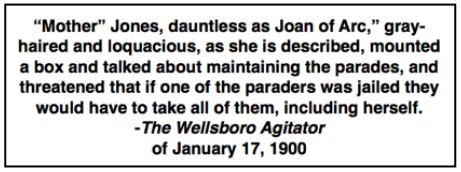 ———-
———-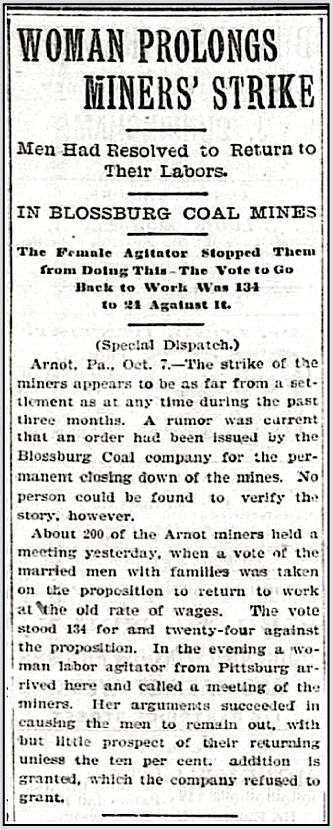
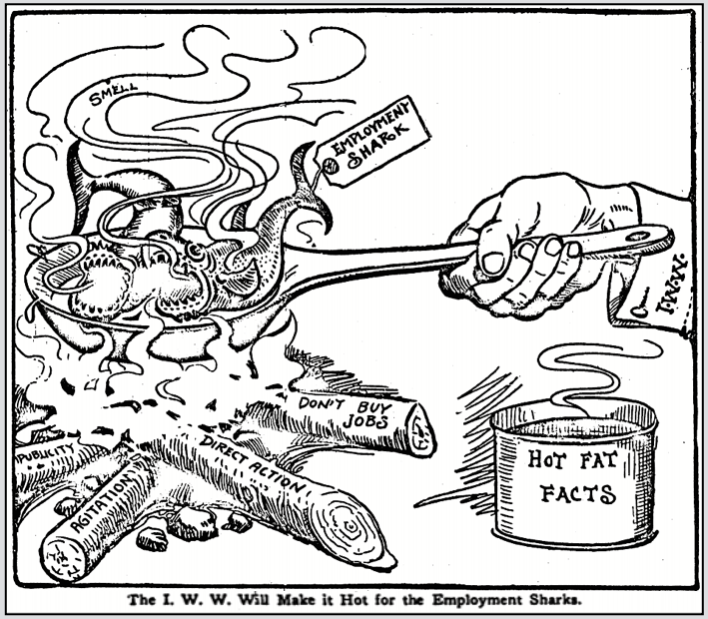 —–
—– ———-
———-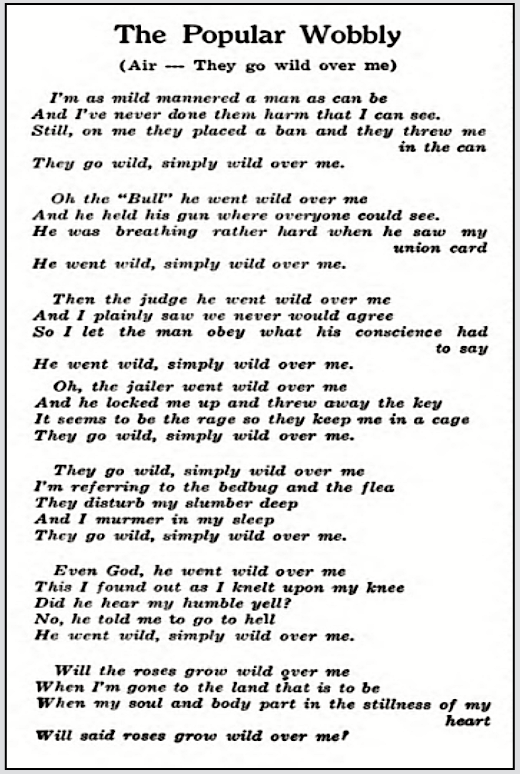
 ———-
———-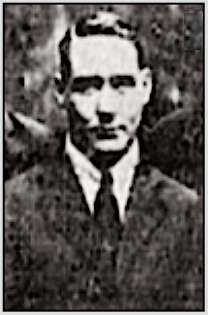
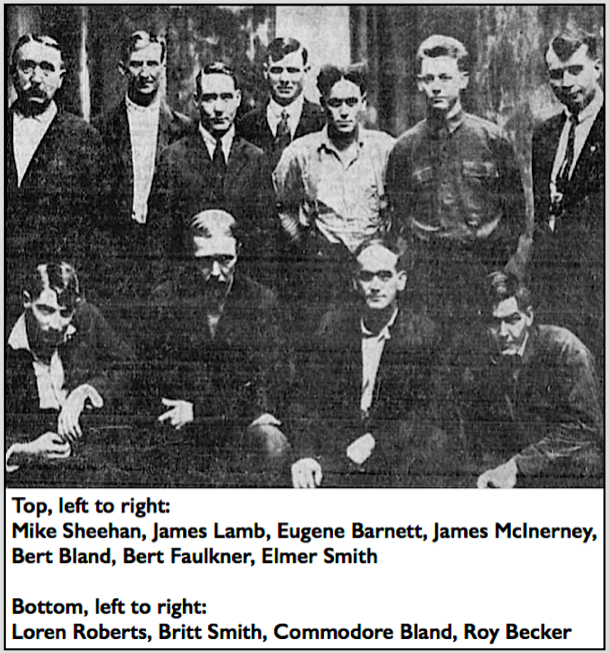 —–
—– ———-
———-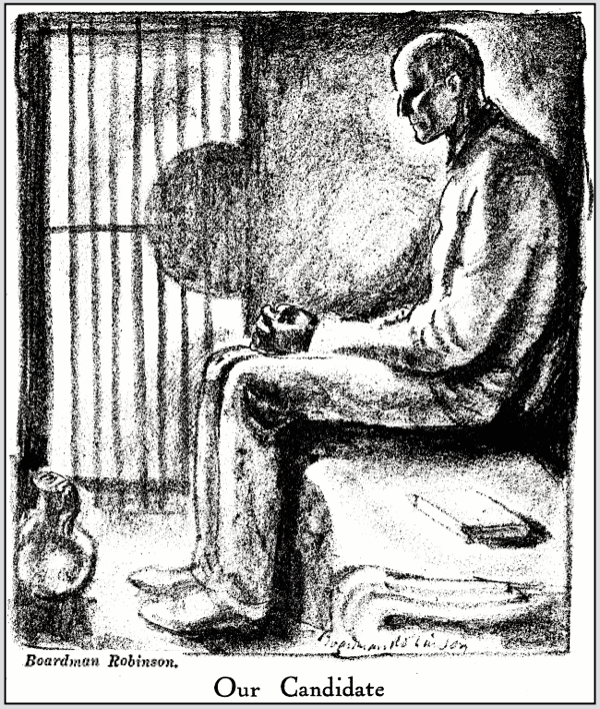
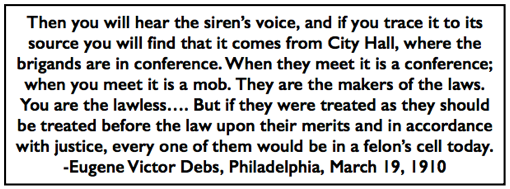 ———-
———-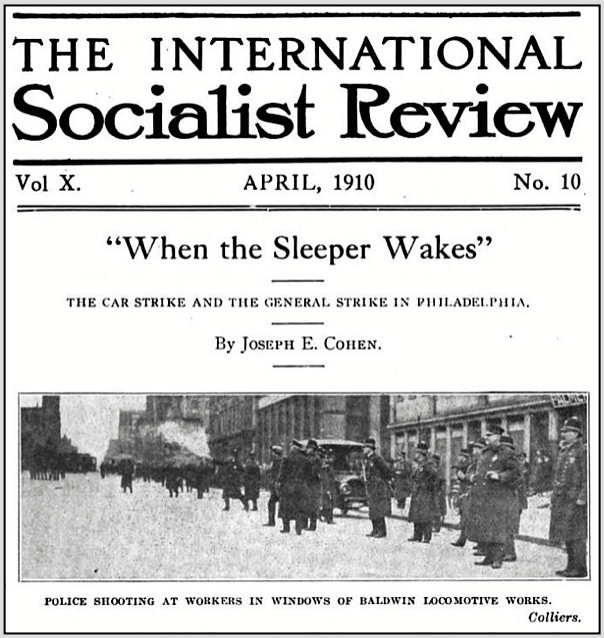 —–
—–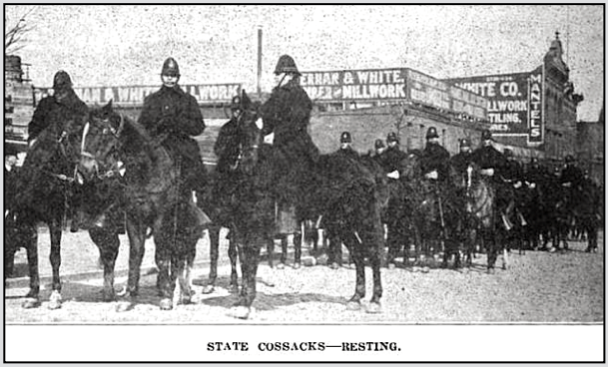 —–
—–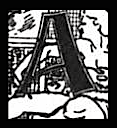 CHILD does not blossom into maturity in a day, nor can a weakling to transformed into a Hercules over night. It requires the lapse of many years in the one instance as in the other. And several decades may pass before a city or a nation attains its majority. Yet there is no telling for how long a time the elements have been gathering for some mighty upheaval; how soon, when the surface of things seemed as calm as ever, there would break out an eruption such as would rearrange all that seemed stable and permanent.
CHILD does not blossom into maturity in a day, nor can a weakling to transformed into a Hercules over night. It requires the lapse of many years in the one instance as in the other. And several decades may pass before a city or a nation attains its majority. Yet there is no telling for how long a time the elements have been gathering for some mighty upheaval; how soon, when the surface of things seemed as calm as ever, there would break out an eruption such as would rearrange all that seemed stable and permanent. ———-
———-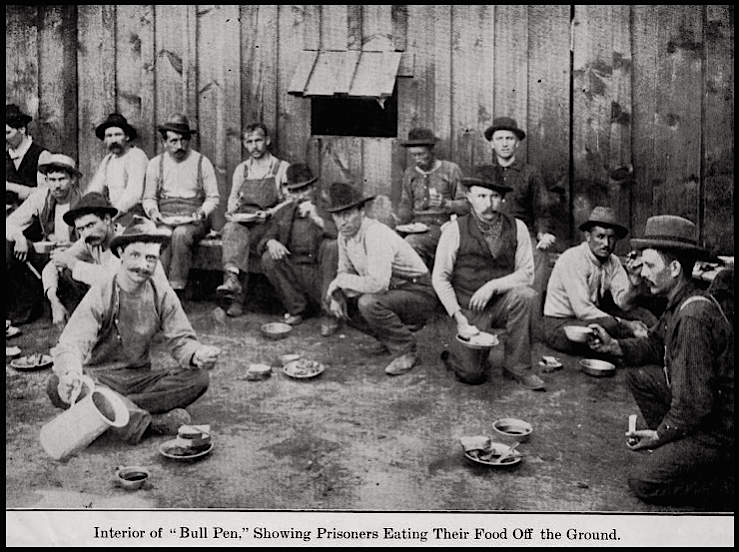 —–
—–